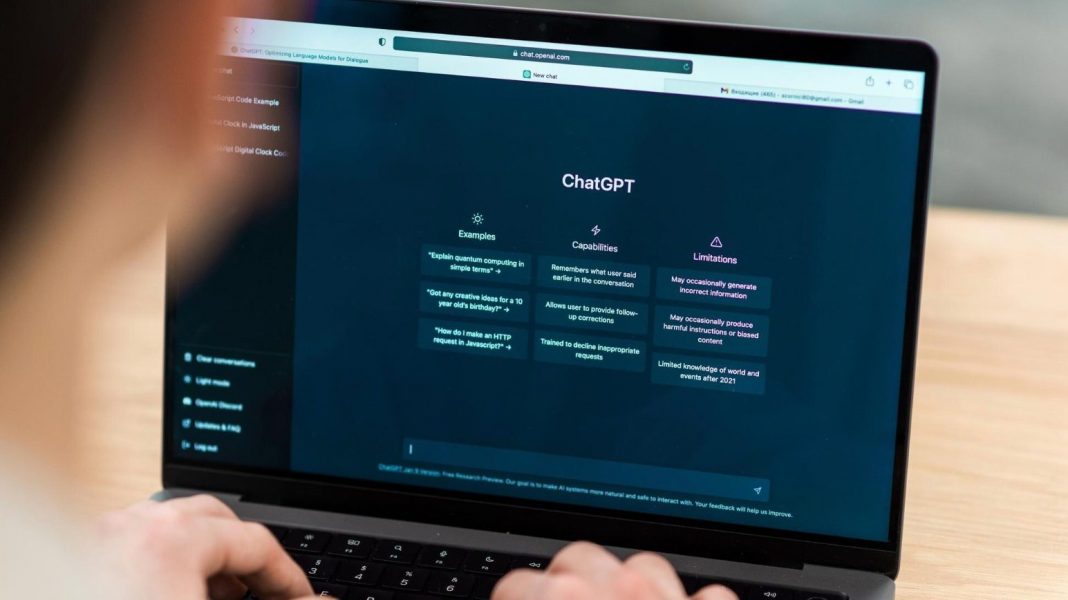Whether one is writing a resignation letter or navigating one’s love life, artificial intelligence has become an astoundingly close ally in Gen Z’s day-to-day life. As a substitute for friends or colleagues, many young people today seek tools like ChatGPT for guidance, creativity lifts, or even emotional care. But while the technology pledges expertise and novelty, it elevates grave questions about trust, job security, and extreme dependency.
AI: Gen Z’s preferred partner
According to a blog post published by EduBirdie, inside offices, AI isn’t just well accepted, it’s greeted with welcoming arms. More than 60% of Gen Zers have relied on it to help them deal with work-related responsibilities, often depending on it to craft emails, respond to messages, and even negotiate compensation. For others, AI has become their “quick fix” when they need a boost to get productive and efficient, simultaneously relieving them of routine tasks and helping them hone their job performance and increase output.
Yet, the line between expediency and overdependence is blurred. Notwithstanding the benefits, 21% of users have unwittingly shared delicate company data with AI tools. Still, many young employees say they could go on splendidly without AI, as 61% assert that a workplace ban on AI tools wouldn’t damage their output or job performance.
Career anxiety in the age of automation
Although AI at present functions as a convenient and accessible subordinate, its imminent potential has left many Gen Zers anxious. More than 50% of employees are afraid of losing their jobs to computerisation within the next ten years. With systems already outdoing humans in specific artistic tasks, 40% of young professionals are contemplating changing careers just to stay ahead of the tech curve.
Remarkably, management positions may be the last to go; only 9% of Gen Zers would want their superiors to be replaced by an AI. Yet even in management, AI is viewed by many as more deferential, open-minded, and impartial, and even more ‘compassionate’ than actual human beings. And if they’re ever out of work, 38% of Gen Zers say they’d be confident that AI can help them find another job.
AI as therapist and friend
AI is not just in the workplace. For many people, young or mature, it has become a steady mate, providing care and direction on a lot of things, from health tips to fitness goals to surviving a heartbreak. Over half of Gen Zers see AI as an intimate buddy, with 26% calling it a friend, 16% see it as a counselor and therapist, and 6% a “lover.”
19% have requested AI to help pen letters requesting forgiveness, while 8% turned to it to write breakup mails. This emotional “subcontracting” emphasises a generational trend — for countless digital citizens, turning to AI for personal sustenance is as natural as breathing or texting a friend.
The fine line between tool and authority
Notwithstanding its remarkable skills, AI has critical limits, and Gen Z cannot always spot them. Only 31% of users steadily fact-check the material AI delivers, hypothetically obscuring the line between correct and truthful guidance and outright fabrication.
As AI continues to advance, its role in people’s lives, especially Gen Z’s, is growing quicker than people’s capacity to set clear parameters. Whether it’s used to gain efficiency, acquire emotional support, or attain creative stimulus, the technology is irrefutably rewriting what it means to work, live, and connect. The task now is not just to know what AI can achieve, but how intelligently people choose to exploit its capabilities.

